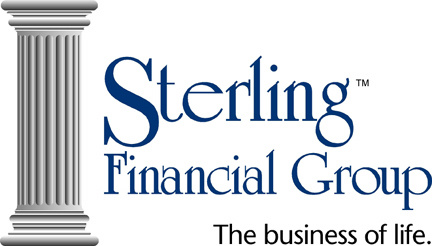Similar Posts
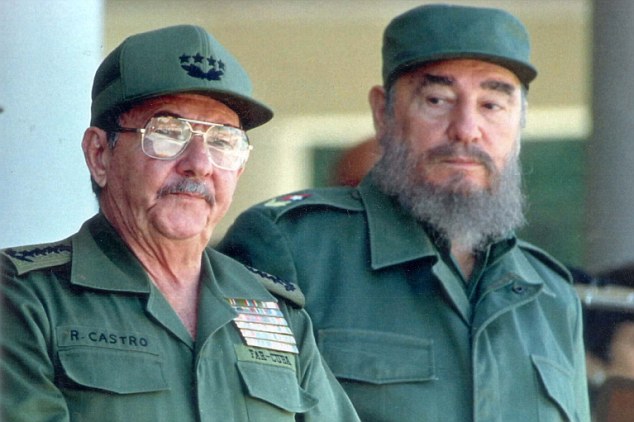
Should the US “Normalize” Relations with Cuba?
Should we trade with despots? After 5 years in captivity, US contractor Alan Gross was released today as part of a deal brokered by President Obama. The imprisonment of Mr. Gross has been an issue of much resonance with me. I previously wrote a piece featured in The Daily Caller about Mr. Gross case, calling…
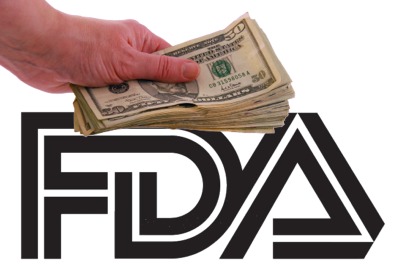
The FDA’s Monopoly Kills Consumers
When government assumes the role of certifying or approving products it limits consumer protection and increases the probability of corruption. The Federal Food and Drug Administration, for example, is charged with the protection of consumers, and all food and drug products require their stamp of approval before hitting shelves. But is this the best way…
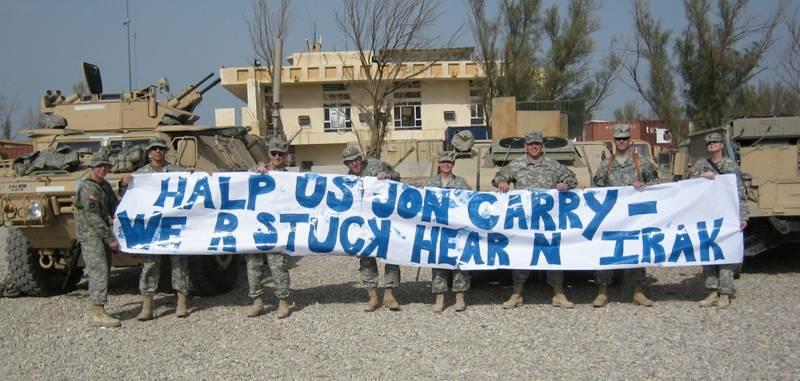
10 Unbelievably Dumb Quotes From Elected Leaders
[youtube height=”HEIGHT” width=”WIDTH”]https://www.youtube.com/watch?v=-ej7ZEnjSeA[/youtube] 4. George W Bush: Rarely is the questioned asked: Is our children learning?” One could make an entire list of dumb things former president George W Bush has said. His gaffes became a hallmark of his presidency. This prime example was spoken at a campaign stop in South Carolina in 2000.
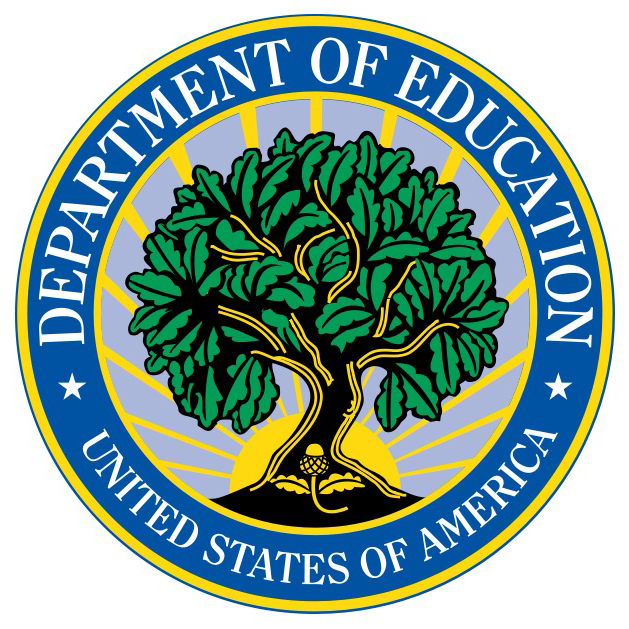
10 Steps to Fix the US Budget
5. Defense Spending Defense Spending is loaded with pork, exuberance, and waste. Since Congress began auditing the Pentagon in 1996 over $8.5 trillion has gone unaccounted for. This money seems to have vanished into thin air. To put it in context, that’s enough money to run the entire bloated federal government for more than two…
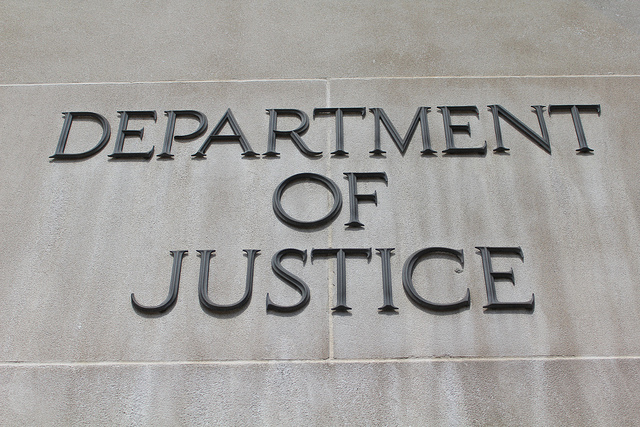
10 Ways Government Stifles Competition
Photo by Sean MacEntee “Government Owned Broadband Stifles Competition.” In an opinion article of that name from July, 2013, the Coalition for the New Economy reiterates their long-standing argument, echoed in Wired magazine, noting that borrowing money to build “lumbering public broadband utilities that have no incentive to keep costs down” is the worst way…

10 Sobering Facts About the National Debt
6. Effects on Currency Under Obama, the Federal Reserve has been engaging in quantitative easing. In simple terms this is when the government buys financial assets from private sector banks and institutions in order to increase their prices while simultaneously expanding the monetary base. That means they are creating money out of thin air while…

